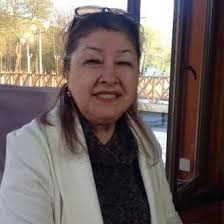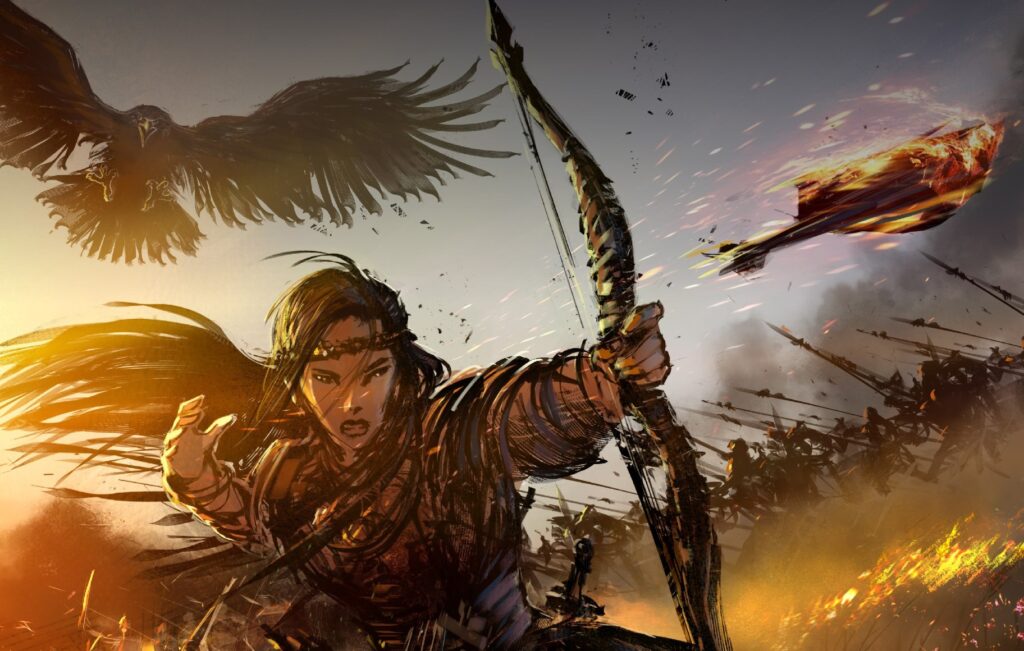A presentation of the first book by President of Turkmenistan, Serdar Berdimuhamedov, entitled “Youth is the support of the Motherland,” took place on January 6th at the Institute of International Relations of the Ministry of Foreign Affairs. The Chairman of the Central Council of the Youth Organization of Turkmenistan, Yazpolat Keriev, and the Minister of Foreign Affairs, Rashid Meredov, delivered speeches at the event.
As was emphasized in the speeches, as part of the national youth policy of the President, the necessary opportunities and conditions are being created for the fruition of a worthy generation based on traditions inherited from their ancestors, and comprehensive support is being provided to the youth, who represent the future of the country.
It was also stated that the literary work of the head of state, dedicated to the activities and achievements of Turkmen youth in socioeconomic, cultural, humanitarian and other spheres, is intended to become a reference book for the current and future generation of young Turkmen citizens, the Foreign Ministry reported. At the same time, special emphasis was placed on the implementation of the “Strategy for International Youth Cooperation for 2023-2030,” which aims to contribute to the active involvement of Turkmen youth in international events.
From the first years of Turkmenistan’s independence, each of the country’s leaders has published books they claimed as coming from their pen. The father of the current president, former President Gurbanguly Berdimuhamedov, is the most prolific author. Since coming to power in 2007, a government portal claims that the “esteemed” Gurbanguly Berdimuhamedov senior has written over 60 books, including a novel about his father. During the reign of the Berdimuhamedovs, the books of the first President of Turkmenistan, Saparmurat Niyazov, were removed from educational curricula and state propaganda, Radio Azadliq reported.

Winning the Presidential election of 1992 unopposed, Niyazov declared himself “Turkmenbashi,” meaning Father of the Turkmen. Eager to foster a cult of personality despite his reclusive nature, statues of Niyazov began to sprout across the country. Atop a rocket-shaped monument called the Arch of Neutrality, his twelve-meter-tall golden likeness rotated to face the sun, or as a Turkmen saying had it, the sun revolved to face him.
“My countrymen worshiped Lenin, then Stalin,” Niyazov ruminated at the time. “Now it’ll either be Allah or myself. It had better be me.”
Despite 58% of his people living below the poverty line, by the time of Niyazov’s death there were 10,000 new statues in Turkmenistan, largely of him and his family. Now, dumped in the outskirts, the Arch of Neutrality stands with the lift upon its marble frame long since out of commission and its ticket booth closed.









